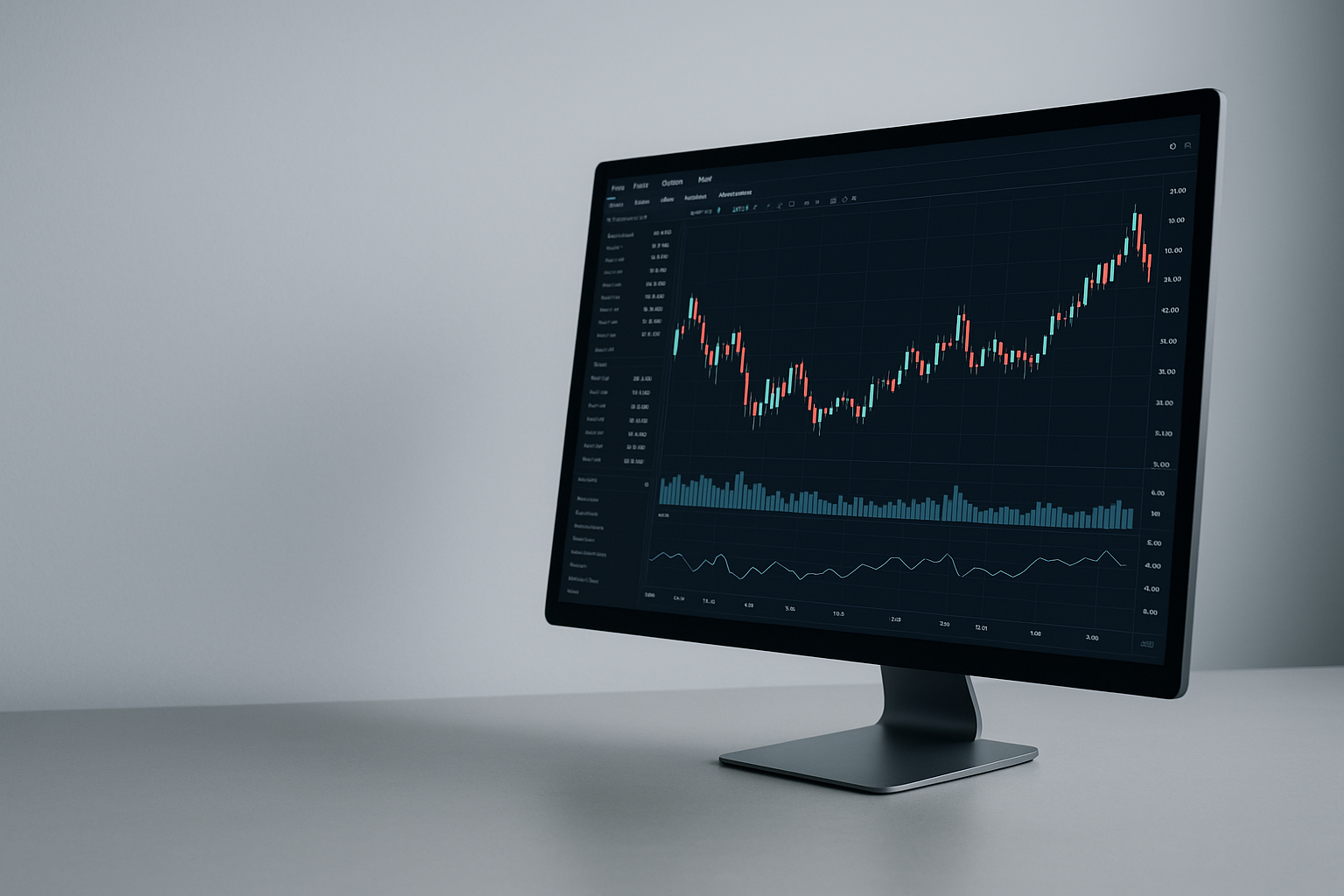
Improving your trading skills involves mastering advanced strategies and insights. By refining your approach, you can boost performance and increase profits in today’s dynamic markets. This article guides you through practical techniques and valuable resources to enhance your trading journey.
Trading requires a blend of skill, strategy, and insight to navigate the complexities of the market effectively. Understanding the basics of trading can help you refine your approach and make informed decisions. Our focus is on delivering actionable strategies that traders can implement to achieve tangible results. Explore these expert tips and secrets to trading 101 to elevate your trading game and drive financial growth.
Understanding market trends for strategic advantage
Grasping market trends is essential for making well-informed trading decisions. Analyzing market behavior allows you to anticipate price movements, giving you a strategic edge. Traders should utilize technical analysis tools, such as moving averages and trend lines, to identify patterns and trends in asset prices. By understanding these indicators, you can position yourself strategically in the market.
Moreover, staying informed about global economic events and geopolitical developments is crucial. These factors can significantly influence market sentiment and asset prices. Keeping abreast of news helps traders adjust their strategies in response to changing conditions. A proactive approach in monitoring these elements ensures that traders are not caught off guard by sudden shifts.
Additionally, leveraging sentiment analysis tools provides insights into market psychology. By evaluating public sentiment and social media trends, traders can gauge the broader mood of the market. This holistic view aids in anticipating potential market movements, allowing for more precise trading decisions aligned with current trends.
Developing a robust risk management plan
A solid risk management strategy is vital for long-term success in trading. It involves setting clear limits on potential losses to safeguard your investments against adverse market conditions. Traders should determine their risk tolerance levels and implement stop-loss orders to automatically close positions when they reach a predefined threshold.
Another key aspect of risk management is diversification. Spreading investments across various assets minimizes exposure to any single market’s volatility. This strategy reduces the impact of negative price movements in one sector on your overall portfolio. Proper diversification ensures that no single trade disproportionately affects your financial standing.
Regularly reviewing and adjusting your risk management plan is crucial as market conditions evolve. This ongoing assessment helps ensure that your strategies remain effective and aligned with your financial goals. By maintaining a flexible approach, you can adapt to new opportunities while minimizing potential risks associated with trading activities.
Leveraging technology for trading efficiency
Integrating technology into your trading strategy enhances efficiency and accuracy in decision-making processes. Utilizing advanced software platforms provides real-time data analytics, enabling traders to make swift decisions based on current market conditions. Automated trading systems allow for executing trades at optimal times without constant manual intervention.
Artificial intelligence (AI) plays a significant role in modern trading by offering predictive analytics capabilities. AI algorithms analyze vast amounts of data to identify patterns that may be missed by human analysis alone. By harnessing these insights, traders can anticipate future price movements with greater precision.
Furthermore, mobile trading applications offer flexibility by allowing traders to monitor markets and execute trades from anywhere at any time. This convenience ensures that opportunities are not missed due to geographical constraints or time limitations. Embracing technology empowers traders with the tools needed for successful navigation of complex markets.
The importance of continuous learning and adaptation
The ever-evolving nature of financial markets demands that traders remain committed to continuous learning and adaptation. Engaging with educational resources such as webinars, online courses, and industry publications keeps you updated on the latest trends and strategies in trading.
Participating in trading communities provides valuable insights from fellow traders who share experiences and best practices. Engaging with peers fosters a collaborative environment where ideas are exchanged freely, enhancing collective knowledge within the community.
Remaining adaptable is crucial as new technologies emerge or regulatory landscapes shift over time. Being open-minded towards change ensures that you are well-equipped to adjust your strategies accordingly when necessary circumstances arise unexpectedly within this dynamic field of trade operations worldwide today!

